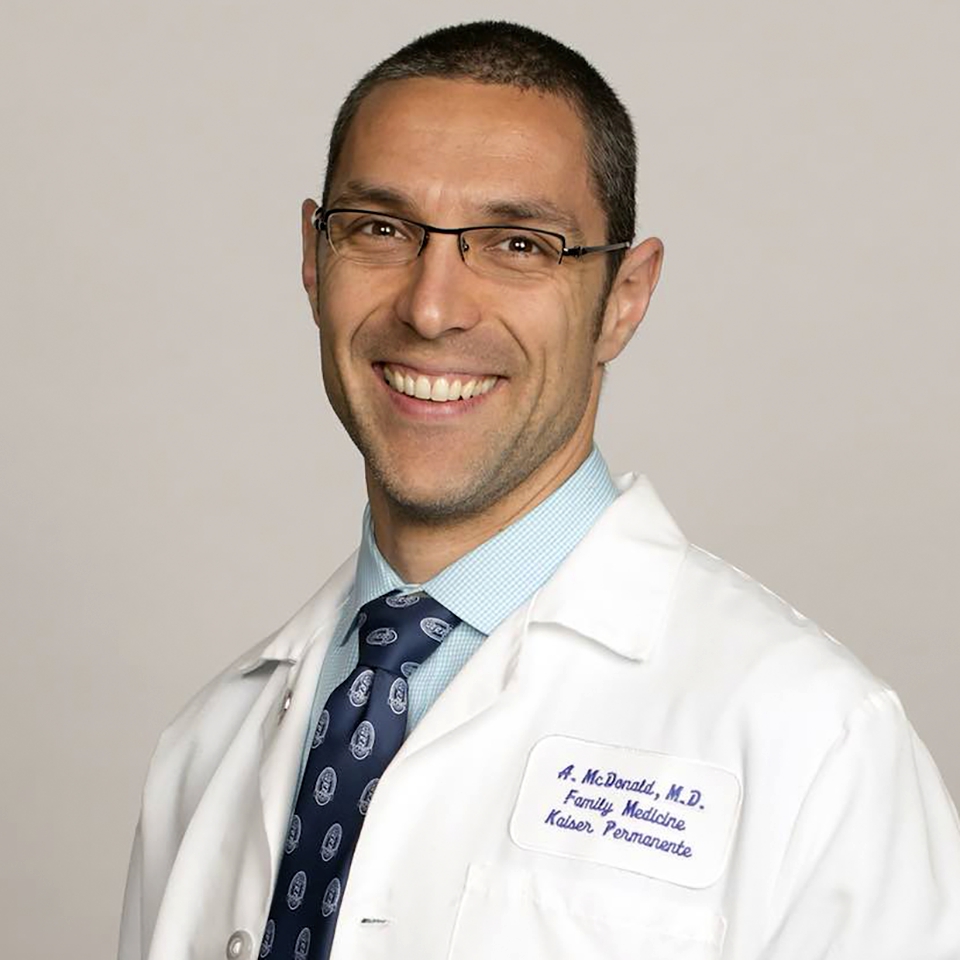For years, physicians have been discouraged from speaking up and sharing information in the social media space, and as a result, misinformation and disinformation was given the opportunity to flourish. And according to Pew Research, more than one-half of younger adults get much, if not all, of their news and information from social media, which we know is littered with part, mislead, or just false information.
A Problem With No Easy Answers
Those who get much of their information via social media channels are often only exposed to information that further aligns with their or their social circle’s own views. This phenomenon has real-world consequences when it comes to an individual’s beliefs and subsequent health decisions. The average person spends 2 hours per day on social media, yet only 15 minutes, four times a year with their physician. How are we possibly supposed to compete with the steady stream of incomplete or frankly just inaccurate health information?
The COVD-19 pandemic has thrust the misinformation problem into the spotlight. A variety of resources and articles regarding the challenge of misinformation—both in the traditional medical setting and on social media—have offered excellent questions, as well as practical solutions to help fight the epidemic of misinformation and disinformation, but there are no easy answers.
Physicians Can No Longer Avoid or Ignore Misinformation
Physicians are one of the most trusted and respected professions, and we no longer can ignore or avoid correcting or addressing misinformation when we confront it in the clinic or online. We must educate ourselves and our colleagues to learn the skills needed for, and understand the importance of, consistent yet respective discourse with patients. We can no longer afford to simply avoid disagreement in the exam room or online. These conversations are not always easy and often do not occur in a single setting, but all physicians speaking up and consistently correcting misinformation can, and will, have a positive impact.
One of the more challenging areas to address is when another medical professional shares inaccurate information or misinformation. The Federation of State Medical Boards made a strong statement in June 2021 condemning and threatening sanctions against licensed medical professionals who spread misinformation, yet there has been a noticeable lack of action, even for the most egregious offenders. I believe that healthcare professionals spreading misinformation and disinformation are the most harmful and the hardest to address. As a medical community, we must find the will to confront colleagues or other medical organizations that are touting anecdotal or non-evidenced-based information. As a recent NEJM article stated, there is not always a single right answer in medicine, but there are clearly wrong answers; We must not allow others to corrupt or misrepresent science for their own benefit, and we must not allow the mis/disinformation trend to continue.
Don’t Mistake Emerging Info With Evidence-Based Science
There is often debate within the medical literature that begins with anecdotes or case studies, but we must not mistake early emerging information that warrants further investigation with evidenced-based science that can be broadly applied.
Physicians specialize in relationships, trust, and understanding with our patients and families. Thus, we are best equipped to tackle the mis/disinformation challenge. Collaboration, connection, and compassion are all key adjectives, and who better to do this work than physicians, both in the clinic and online?
Share Accurate & Trusted Info Beyond Your 4 Walls
A strong and trusted social media account should be considered a tool in the medical bag of the 21st century physician for sharing accurate and trusted information beyond the four walls of the clinic, office, or hospital. We must each personally acknowledge our own role in inadvertently spreading misinformation. We are human, and we are all susceptible to the emotions and biases on which misinformation thrives. We must educate ourselves to spot misinformation when we see it and, to stop it in its tracks, not hit the “like” or “share” button. Furthermore, we must not comment on or engage with misinformation, as doing so only boosts its reach; we should ignore, block, and move on.
No single person or approach is going stem the tide of pervasive misinformation and disinformation. It’s going to take all of us to educate ourselves, our colleagues, and our patients.



 PWeekly
PWeekly